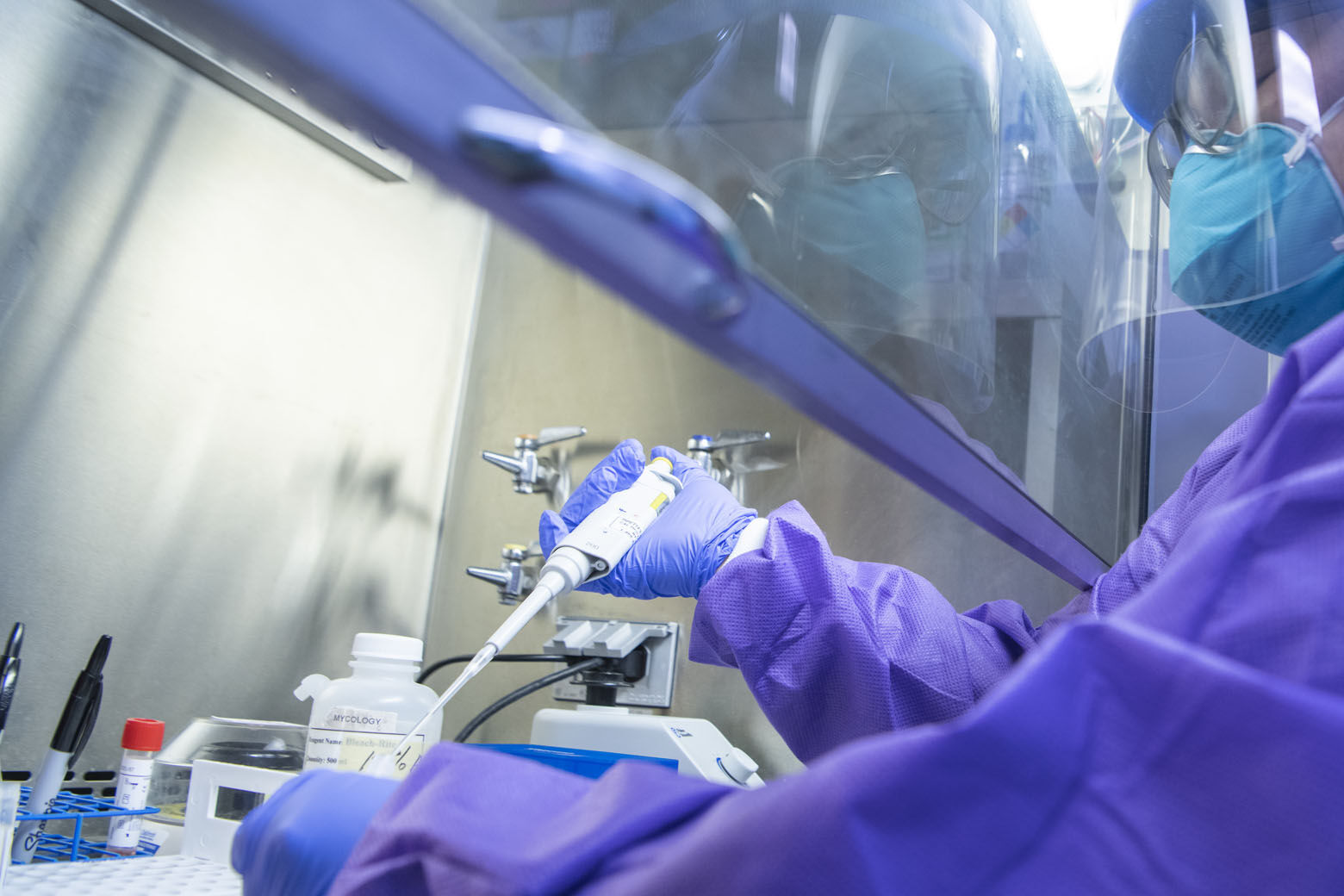
Children’s National Hospital is offering a test for COVID-19 that involves a saliva sample being collected instead of a swab being inserted far up a child’s nose.
“One little thing about saliva is that it takes longer because you have to spit in the tube multiple times,” said Dr. Meghan Delaney, chief of pathology and laboratory medicine at Children’s National Hospital.
“Even though the NP (nasopharyngeal) swab might be a bit more uncomfortable, it’s over really fast. So, there’s pros and cons to both ways,” Delaney said.
The saliva test sample size is equivalent to a child spitting six to 12 times into a tube. Delaney said kids age 5 and up typically have the behavioral maturity needed for that.
- Sign up for WTOP alerts
- Latest coronavirus test results in DC, Maryland and Virginia
- Head of DC teachers’ union explains action to call out sick Monday
- In reversal, DC will not reopen elementary schools next week as planned
- 42 states now on DC’s high-risk coronavirus list
- Polling places are latest front in battle over face masks
Looking for more information? D.C., Maryland and Virginia are each releasing more data every day. Visit their official sites here: Virginia | Maryland | D.C.
“A little tiny baby and a toddler is really not going to be able to have the patience or the focus to sit and do that for you,” she said.
Delaney said months of testing preceded the tests being offered as an option for pediatricians affiliated with Children’s National.
Many questions had to be answered, such as whether the saliva test would be sensitive enough to detect COVID-19 genes.
“Is it as good as the swab way?” Delaney said. “We tested hundreds of children to ensure that both the test worked and also that the kids could give us the saliva, and we found that both were true.”
There is no company manufacturing COVID-19 saliva tests. Each laboratory offering it has built its own system from scratch.
“We’re all mostly targeting the same thing. We’re targeting the coronavirus and looking for its genes,” Delaney said. “But every test is not exactly the same.”
Each lab has to validate that they can use saliva in their laboratory on their specific instruments.
“We will be having a publication in a scientific journal in the coming weeks; it’s still in process, to be able to let other laboratories learn from how we did what we have done,” Delaney said.








